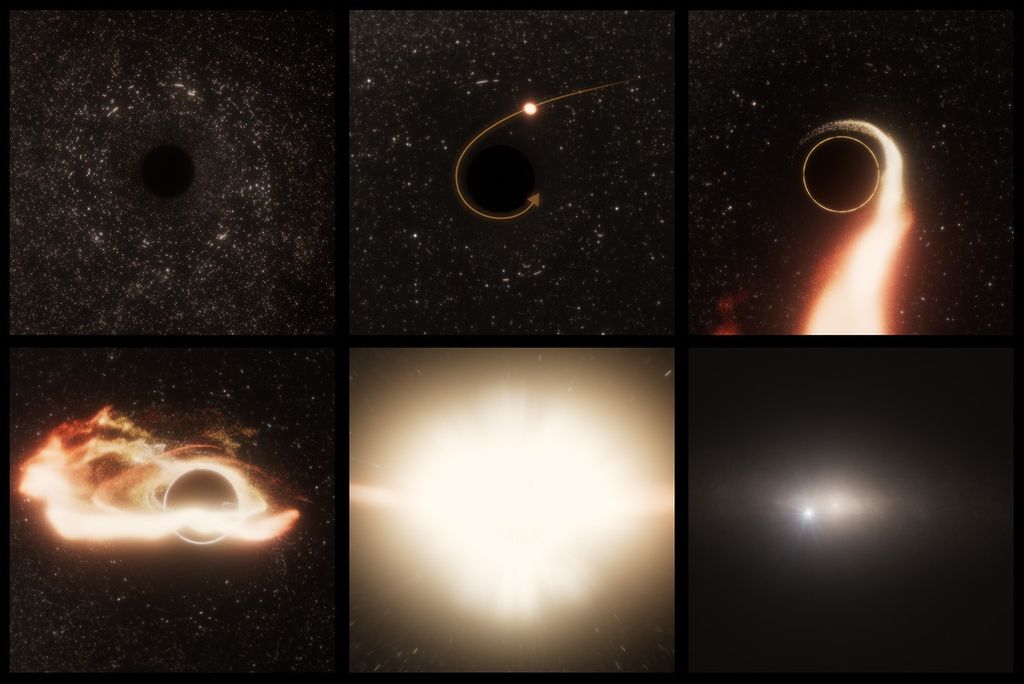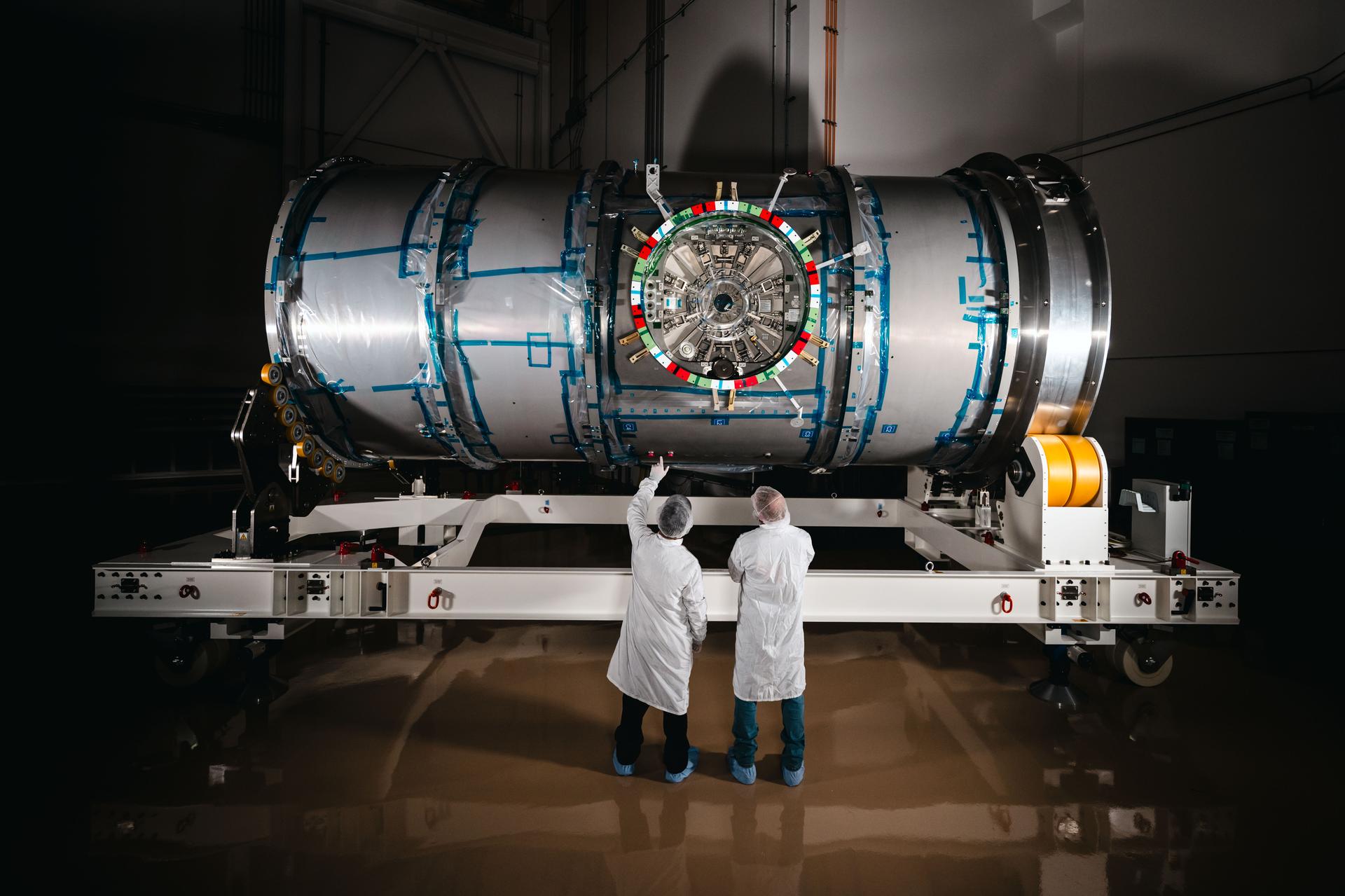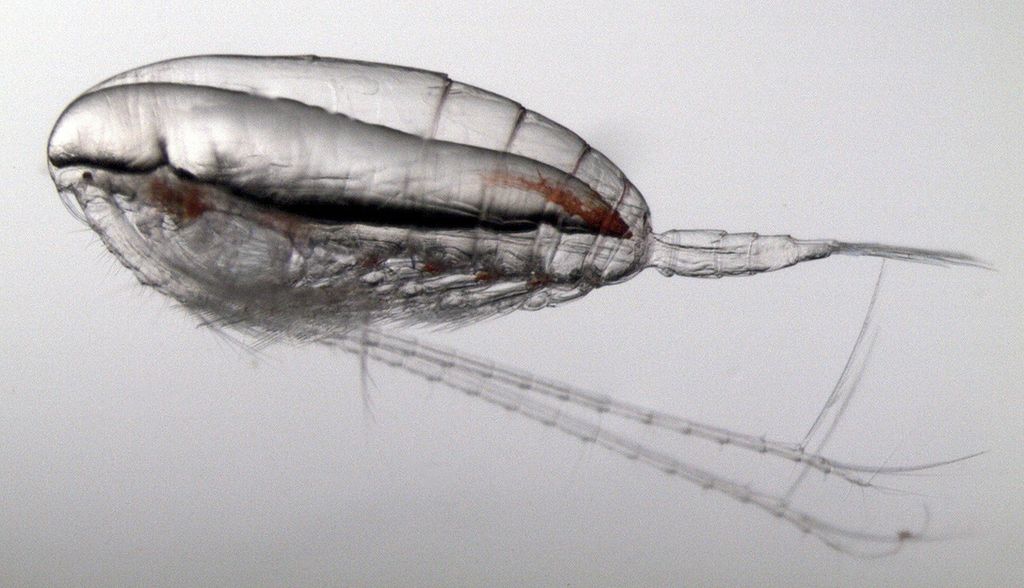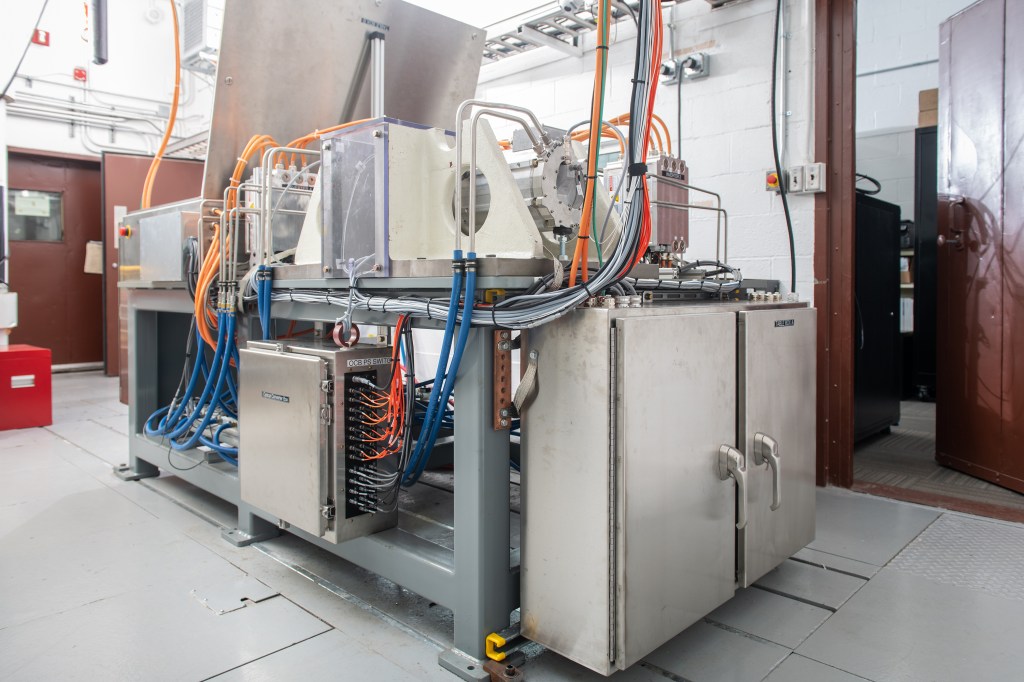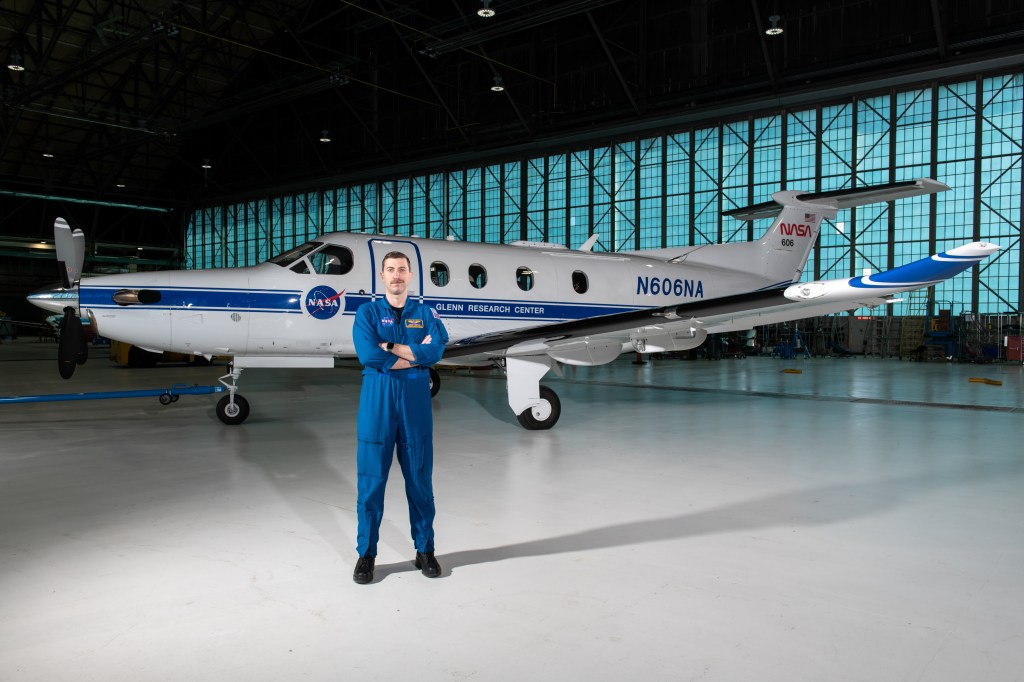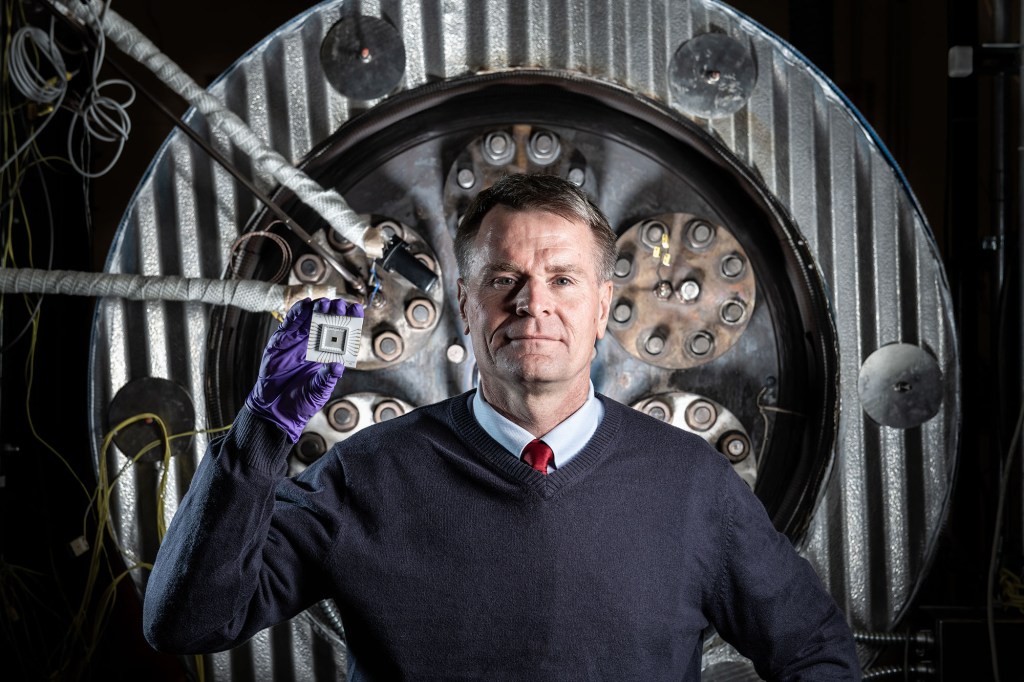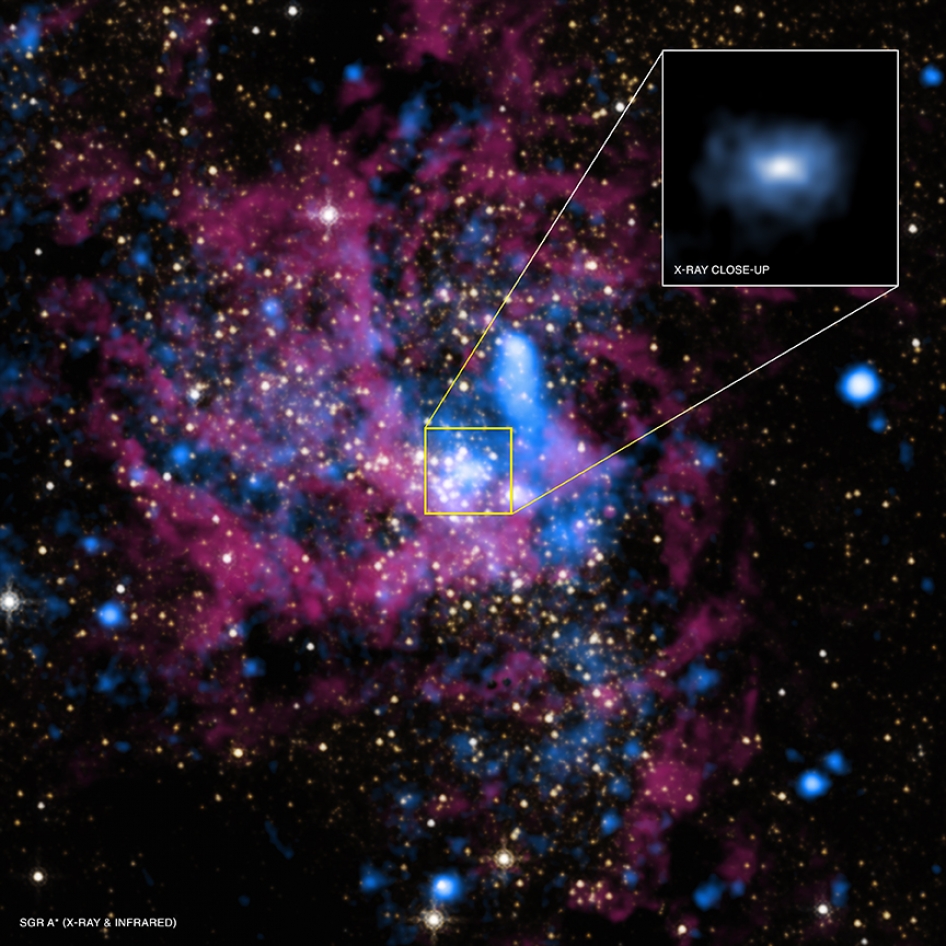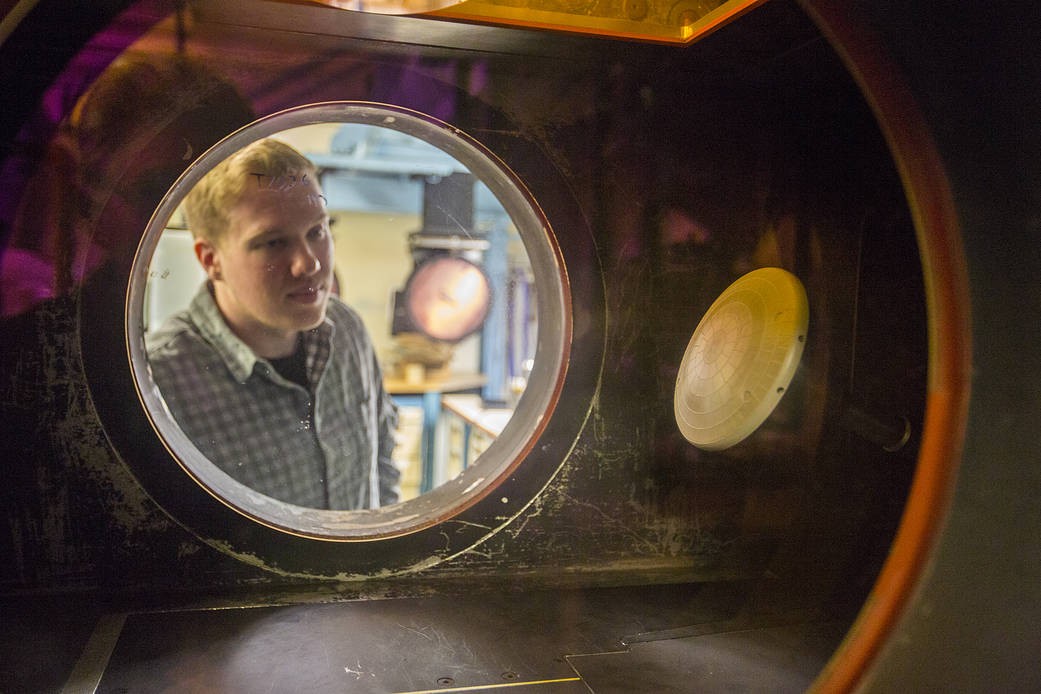The Orion aerosciences team has performed more than 30 tests across the United States in support of the program, investigating the heating of the spacecraft during re-entry into Earth’s atmosphere. Testing recently concluded at NASA’s Langley Research Center in Hampton, Virginia with a 6-inch Orion heat shield model in the 20-inch Mach 6 wind tunnel. The team includes engineers at Langley, NASA’s Johnson Space Center in Houston, Texas, and NASA’s Ames Research Center in Silicon Valley.
The Orion heat shield was redesigned from one piece to individual blocks of material following the Experimental Flight Test (EFT-1) in 2014. This new design introduced several unknowns that prompted further testing and risk reduction. Engineers tested the new design to investigate the effects of the block structure that could disrupt the smooth airflow and cause localized heating spots. Understanding both effects is critical to confirm the heat shield will thermally protect the astronauts during re-entry.
Testing on such a small scale allows time and cost savings with the same accuracy as larger scale models.
“A lot of testing with larger models was done at other sites, but the Langley facility has provided the opportunity to look at many variations in a timely and cost-effective manner,” said Rick Thompson, deputy lead for the Orion aerothermal sciences team, about the testing campaign.
The 6-inch Orion heat shield model was machined to represent small-scale features, including the patterns expected as the heat shield ablates, or slowly burns away as planned, during re-entry flight.
NASA is building Orion as a human spacecraft for deep-space missions that will usher in a new era of space exploration.
Photo Credit: NASA/David C. BowmanCaption Credit: Andrea Lloyd, NASA’s Langley Research Center


